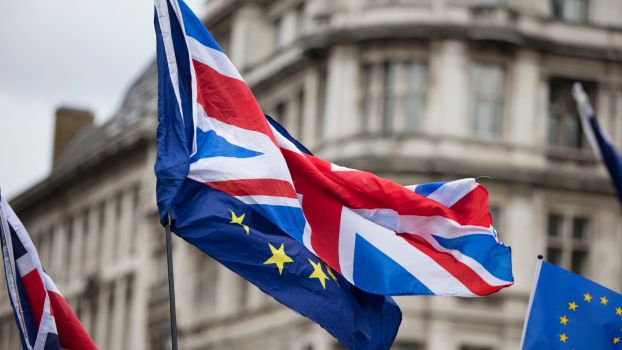
It feels good to be speaking about something other than COVID-19, even if it does bring us somewhat full circle all the way back to Brexit, as though discussion points and news agendas have been limited to roughly three topics these days.
Of course, aside from the fact that this year has been unprecedented for many reasons, allow us the opportunity to overuse that word once more, as Brexit is an unprecedented and once in a generation realignment of our trade relationship with the world, and our economic makeup.
The fact we’re four and a half years down the line is perhaps a bit tiresome, but given that this is probably the biggest negotiation of our lives it’s probably not that unreasonable for it to take some time and, in fact, most did suggest it would take at least this long.
The implications of a deal, or no deal as it may be, are huge not just for the UK but also the EU, the US and other countries around the world as it potentially calls into question the unity of such a project, and how sound the idea of globalism will really be in a post-pandemic world.
In many ways, the pandemic appears to have re-focused minds on bringing manufacturing and trade back into a nationalist view point, and considering that a globalist world has quite possibly poured fuel on the fire of how fast it has spread, that’s not hugely surprising.
A Brexit Deal
So with just weeks to go until the UK formally leaves the transition period agreed by Theresa May, how close do we feel that we are from a deal? And more importantly, how good is that deal looking?
A report in The Guardian said “The European commission’s most senior official, Ilze Juhansone, told representatives of the 27 member states in Brussels that the majority of the 11 key negotiation issues now had “joint legal texts with fewer and fewer outstanding points”.
The familiar problems of EU access to UK fishing waters and the design of a mechanism to ensure neither side can distort trade through undercutting standards remained unresolved but the differences were being gradually bridged, sources said.”
In truth, it’s unlikely that this deal is going to look vastly different to the one negotiated by Theresa May’s team a few years ago, the one that parliament rejected somewhere in the region of 250 times. The key difference this time will be the Prime Minister standing over it, a Brexit supporter, and the potential ramifications of a no deal causing economic damage in the meantime.
UK Economy
For an economy that is recovering slowly but surely from the initial shock of the March lockdown, what could this mean then?
Truthfully, a deal would be good news and would end a lot of uncertainty on the part of UK business. It would provide a solid economic grounding and news of a confirmation of an agreement would likely see stocks soar in the short term.
So what of UK property then? It’s not likely to make a huge difference either way really. The market has been robust in the face of the biggest economic crisis since World War 2, and if that can’t knock it off it’s balance then it’s unlikely Brexit would either.
Confidence in the market and inward investment from abroad are both soaring. Prices are rising with demand and rental incomes and yields are following them. Not to mention the current tax breaks, it’s unlikely that there’s been a better time to buy property in the last 15 years.
With that in mind, it’s going to be undoubtedly good news if a deal is agreed, but don’t wait around if you’re thinking about investing in property, as there’s never been a better time for it.
